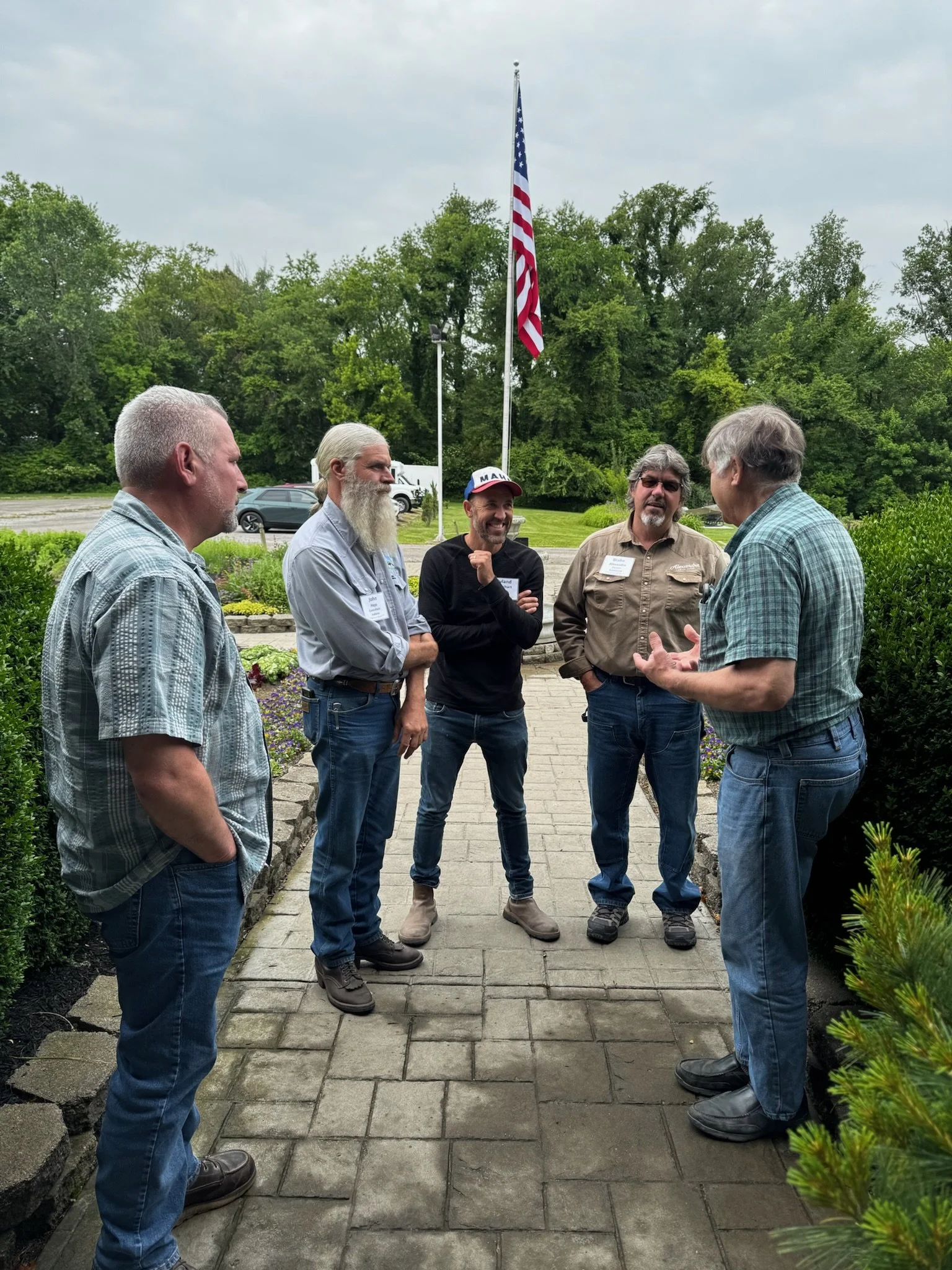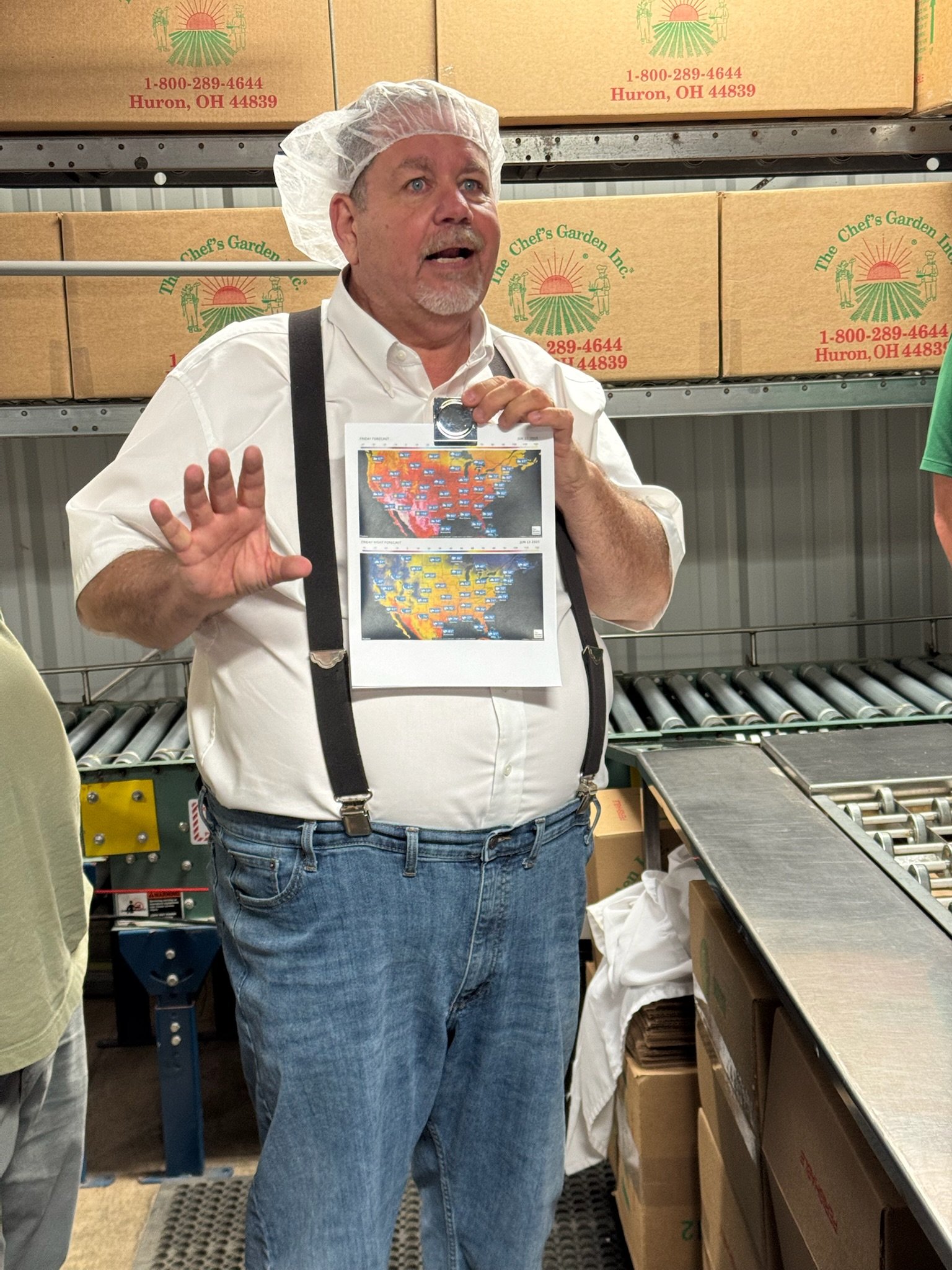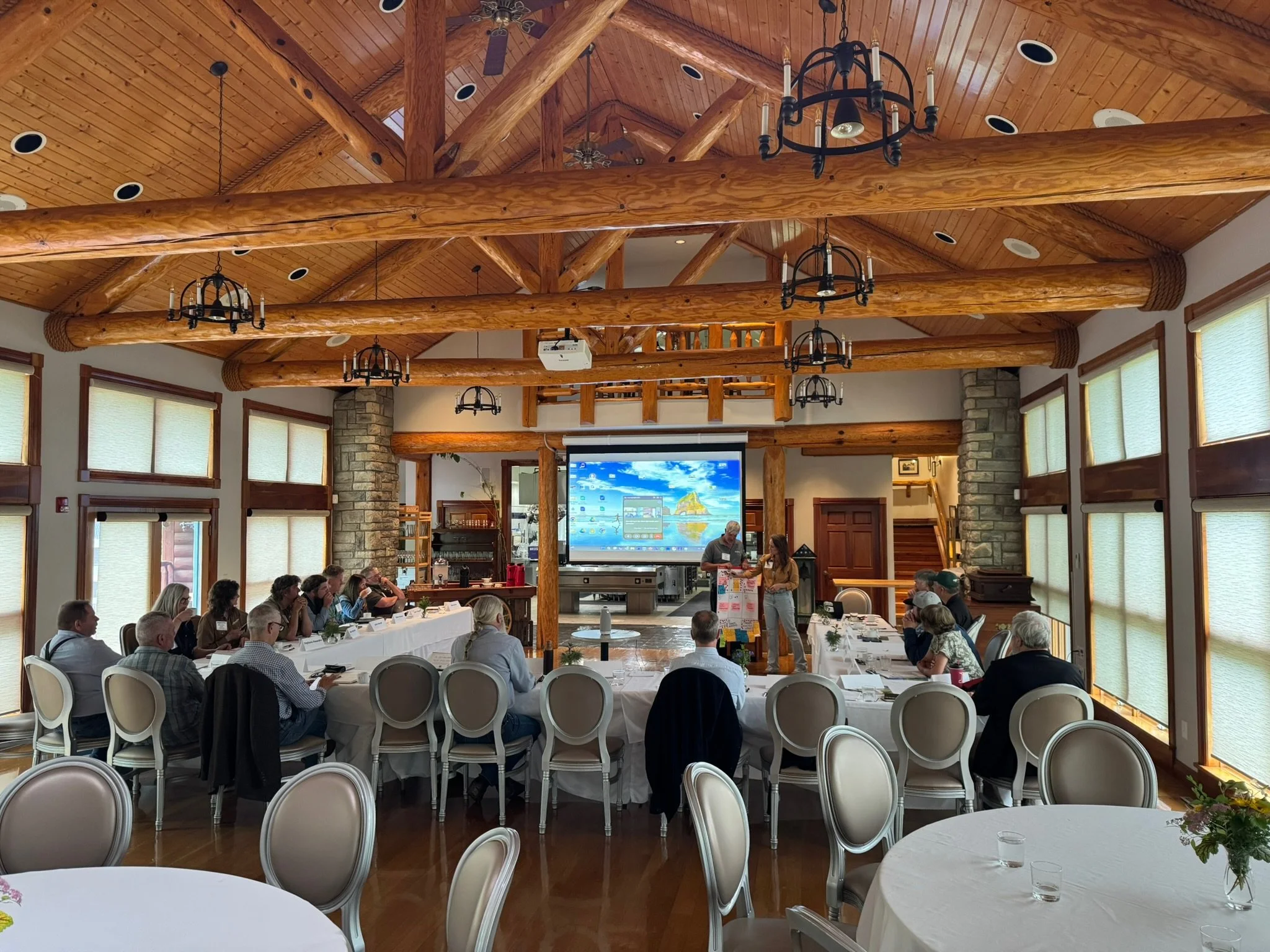MAHA In Action - Regenerating Agriculture for a Healthier American
Written by Ryland Engelhart and Kelly Ryerson
On June 12-13th, in Huron, Ohio, 35 leading voices in regenerative agriculture convened for a “MAHA Action Summit” - a policy session at The Chef’s Garden. The event was hosted by Bob Jones of the Chef’s Garden with the partnership of Keith Berns of Green Covers, John Kempf of Advancing Eco Agriculture, and Rick Clark of Farm Green.
Farmers, scientists, and policy experts gathered for solutions-driven dialogue to shape bold recommendations for the MAHA Commission Report. Bob Jones, John Kempf, Steven Kardoza, Erin Martin, Tina Owens, Lynn Hughes, Keith Berns, Michael Doane, and Rob Verkerk - among others - offered critical perspectives. The gathering exemplified MAHA’s core approach: farmer-led, evidence-based, and unafraid to challenge the system at its roots.
To sharpen the political strategy, a one-hour session with Calley Means added insight into opposition dynamics and helped define opportunity areas where American Regeneration can advocate for Pro Farmer Policy.
After Ohio
Erin Martin shared details about her successful Oklahoma RX Bill and proposed the idea as a national pilot. Since the Ohio event, Erin has attended meetings at the White House to further strategize how the pilot would work on a federal level.
Calley Means continues to engage with American Regeneration to gather insight and policy ideas, including several meetings with regenerative farming icon Gabe Brown, Kelly and Ryland.
American Regeneration convened a series of focused Zoom meetings to distill practical policy ideas that can drive transformation, without directly waging war against BigAg. Calley Means and Gabe Brown explored how smart, values-driven policy could shift market incentives toward soil health and farmer autonomy. Rather than fight the existing system head-on, the dialogue centered around creating onramps, including cost-share programs, tax credits, and strategic disincentives, that reward farmers for pro-soil effort and gently phase out harmful practices.






